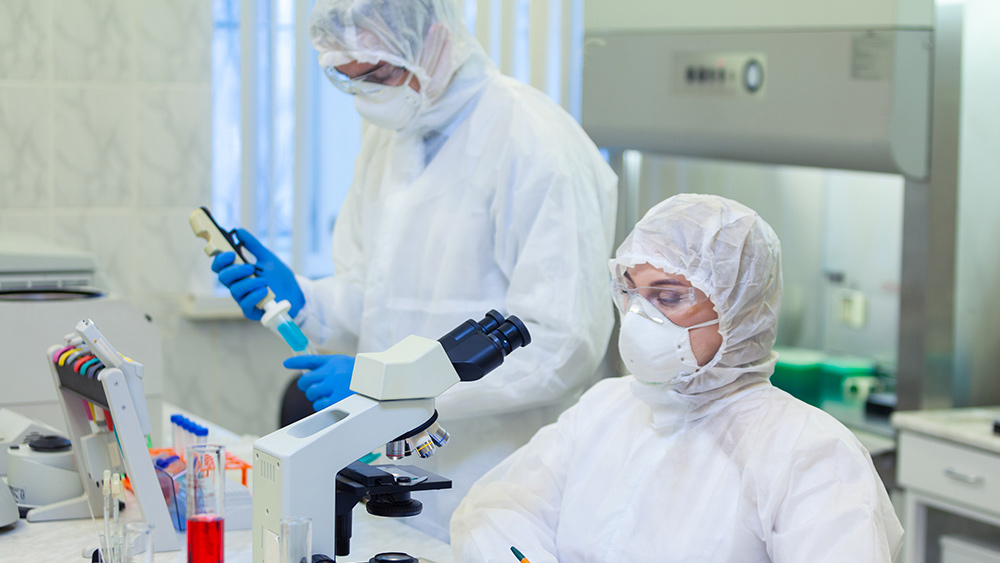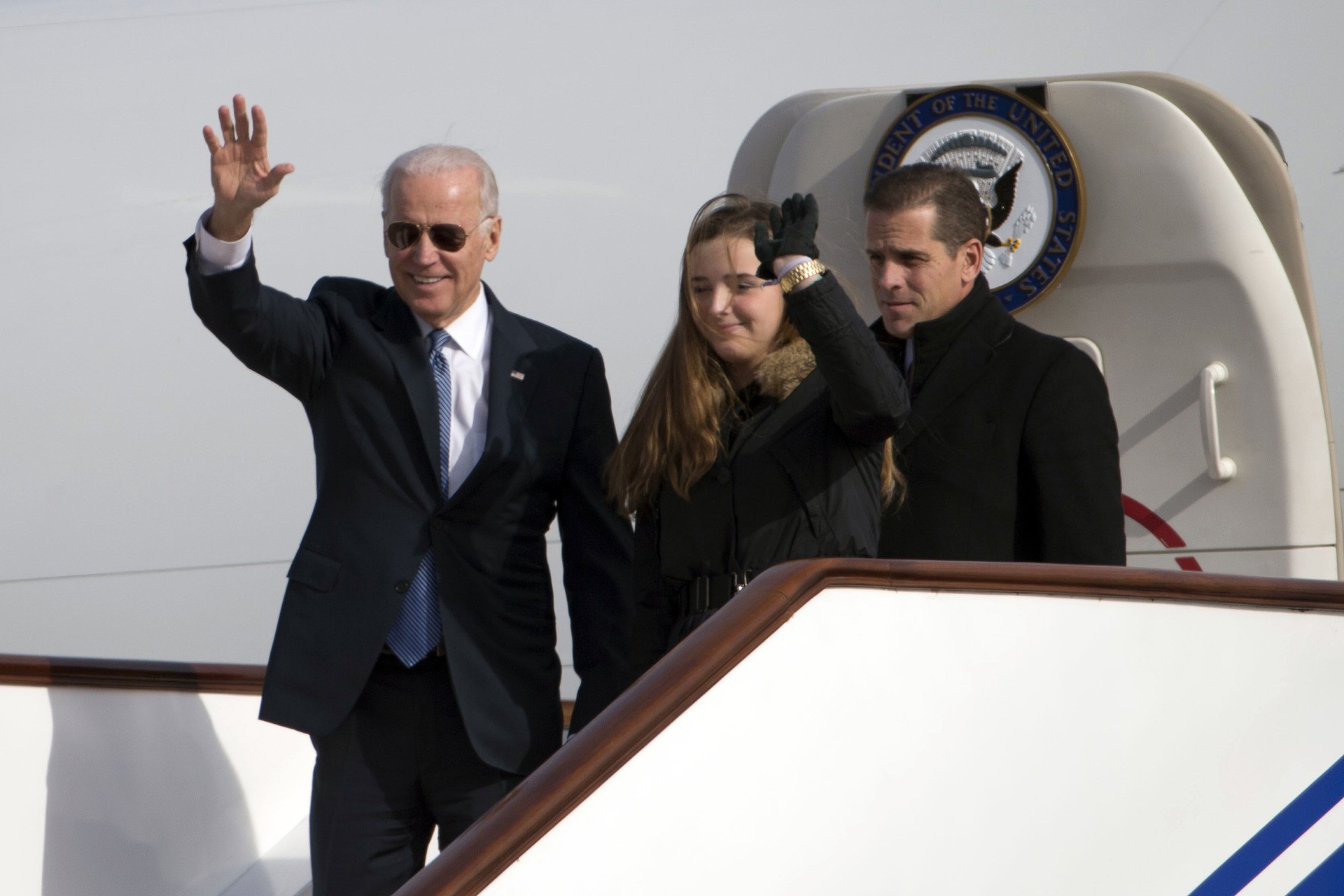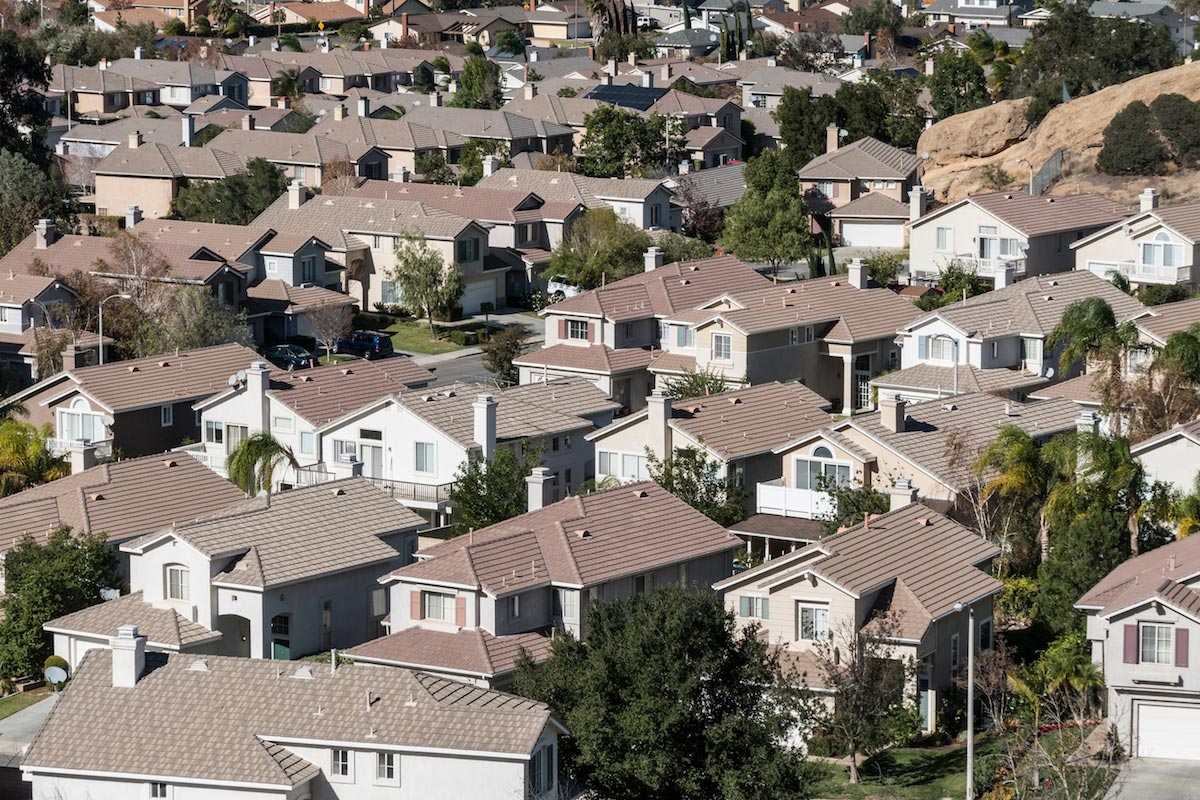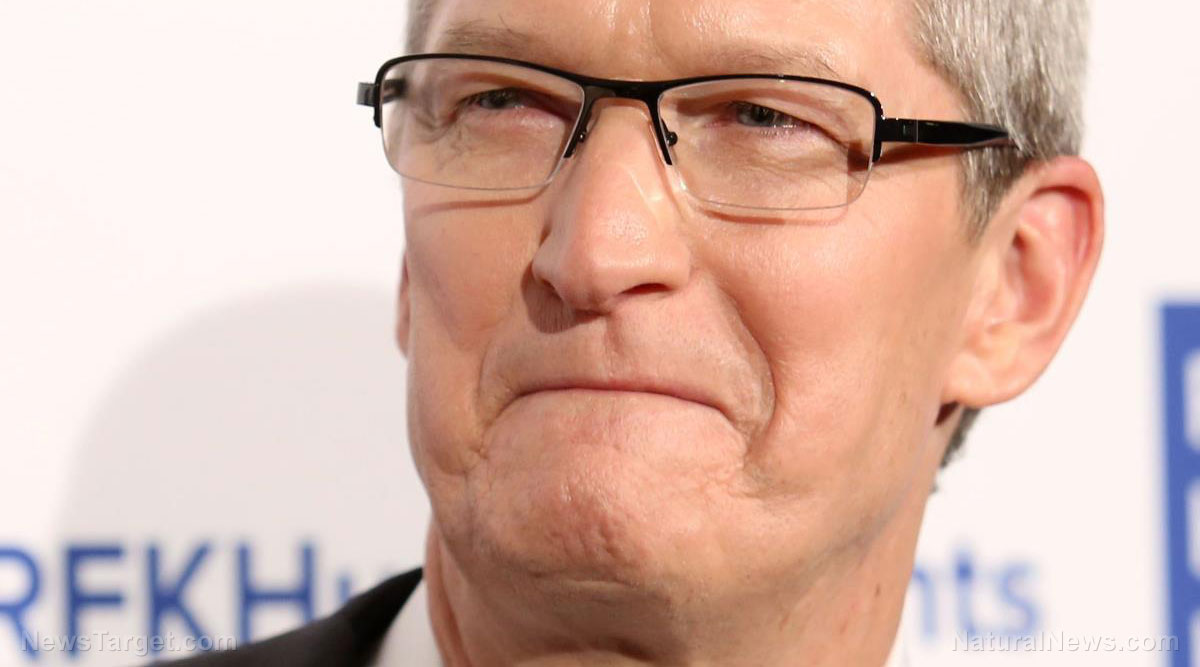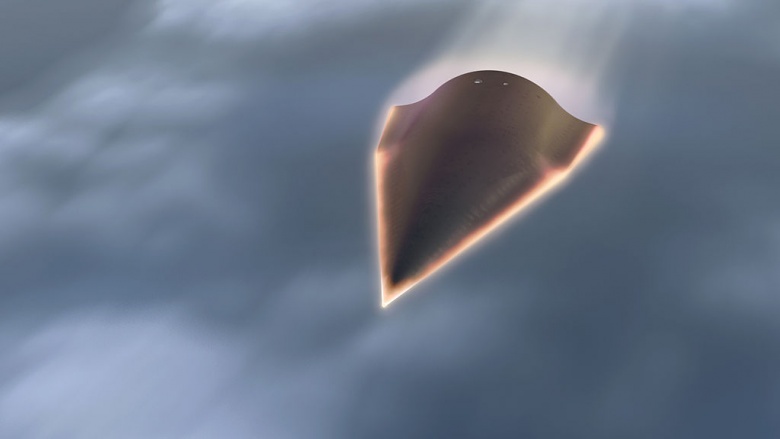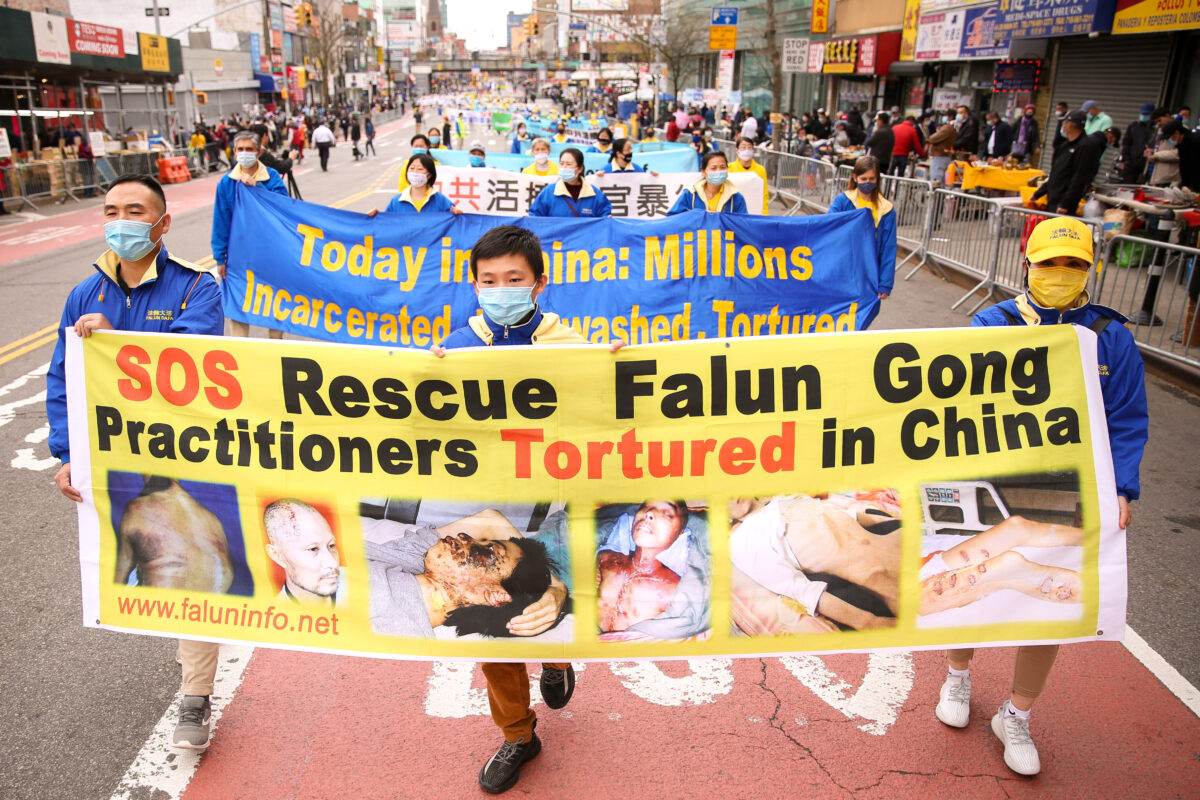Chinese cities to bar unvaccinated residents from public facilities
07/15/2021 / By Nolan Barton

As China makes a push for herd immunity, several counties and cities in its eastern provinces of Zhejiang, Fujian and Jiangxi are planning to bar residents who haven’t been vaccinated against the Wuhan coronavirus (COVID-19) from accessing public venues.
Some of these jurisdictions have set late-August deadlines for people 18 years or older to complete a two-shot vaccine regimen. Others have set dates in late July by which unvaccinated people would be barred from entering schools, libraries, prisons, nursing homes and inpatient facilities at hospitals without a valid medical exemption.
Key facilities will check whether people have been vaccinated via health codes on personal mobile phones. Alternatively, people can provide paper documentation that they have been vaccinated to avoid the ban. Places that would be off-limits to those without shots also include karaoke bars, cinemas and internet cafes.
Many localities attributed their new policies to “national, provincial and municipal arrangements,” without explaining whether or not they received instructions from China’s central government.
Tao Lina, a former immunologist at the Shanghai Center for Disease Control and Prevention, said that it wouldn’t be appropriate for the central government to explicitly require people to take vaccines. But he said that many more localities would enforce vaccine mandates and Beijing wouldn’t stop them.
“I think it’s perfectly reasonable to use some restrictions when it comes to public facilities for those who haven’t gotten vaccinated,” he said.
Chinese authorities have been offering domestically produced vaccines free of charge since December last year as the country deals with sporadic outbreaks of COVID-19. More than a year after the pandemic first exploded within China, the country has kept its border restrictions mostly in place due to worries about imported cases spreading domestically.
Vaccination mandates spark online pushback and debate
News about vaccination mandates sparked online pushback from some citizens and triggered a debate about whether people should be required to present proof of vaccination to travel, work or undertake other routine activities outside their home.
It “goes against the government’s original pledge that vaccinations would be voluntary,” wrote one user on social media site Weibo, expressing a sentiment widely repeated across the platform. A woman surnamed Wang also wrote that she opposed the policy even though she had already gotten two shots.
The vaccination mandates came after months in which Chinese authorities have tried to entice citizens to get vaccinated by offering free milk, eggs and bubble tea. One city even offers a chance to win a free night in a luxury hotel.
Some schools urged their students to get the vaccine, while ride-hailing companies such as Didi Global Inc. have required drivers to get vaccinated. At many state-owned firms, getting vaccinated is seen as an act of duty.
But many remained hesitant to take the vaccine. Some local authorities tried to ramp up vaccinations by using heavy-handed tactics. For example, the city of Wanning in the southern province of Hainan warned residents that they could be blacklisted from receiving government benefits or using public transportation if they failed to get vaccinated.
Local authorities advised to halt compulsory COVID-19 vaccinations
In April, China’s central government advised local authorities to halt compulsory COVID-19 vaccinations as the country tried to balance the urgency of its inoculation efforts and backlash from a hesitant population.
“Some areas are making the vaccination rather simplified and even mandatory for everyone. This approach must be corrected,” a spokesperson for China’s National Health Commission (NHC) said at the time.
More than 40 percent of China’s 1.4 billion people have been fully vaccinated, putting the country’s vaccination rate nearly on par with that of the U.S., which has fully vaccinated roughly 48 percent of its population.
Surveys by universities in China and the U.S. suggest that Chinese are more accepting of COVID-19 vaccines compared with Americans. Still, some Chinese have balked at getting vaccinated because they feel the risk of infection inside China is low. Many also don’t trust Chinese vaccines to be safe and effective.
China’s homegrown COVID-19 vaccines have drawn unfavorable comparisons to Western vaccines.
The COVID-19 vaccines made by state-owned Sinopharm and private firm Sinovac Biotech Ltd. are generally considered less effective than Western-made mRNA vaccines in warding off infections, according to data published by the firms and clinical trial researchers. The spread of the Delta variant has also generated further skepticism around Chinese vaccines in recent weeks. (Related: The COVID vaccine is causing the COVID variants.)
As of press time, China’s seven-day rolling average of new vaccinations has fallen below 11 million per day from a peak of 22 million on June 24. This is according to calculations made by the Wall Street Journal based on figures from China’s NHC.
Follow Immunization.news for more news and information related to coronavirus vaccines.
Sources include:
Tagged Under: bad medicine, Big Pharma, compulsory COVID-19 vaccinations, coronavirus, covid-19, COVID-19 vaccine, health codes, inoculation effort, mRNA vaccine, nursing homes, pandemic, public transportation, vaccine mandate, Weibo
RECENT NEWS & ARTICLES
COPYRIGHT © 2020 CommunistChina.News
All content posted on this site is protected under Free Speech. CommunistChina.News is not responsible for content written by contributing authors. The information on this site is provided for educational and entertainment purposes only. It is not intended as a substitute for professional advice of any kind. CommunistChina.News assumes no responsibility for the use or misuse of this material. All trademarks, registered trademarks and service marks mentioned on this site are the property of their respective owners.






